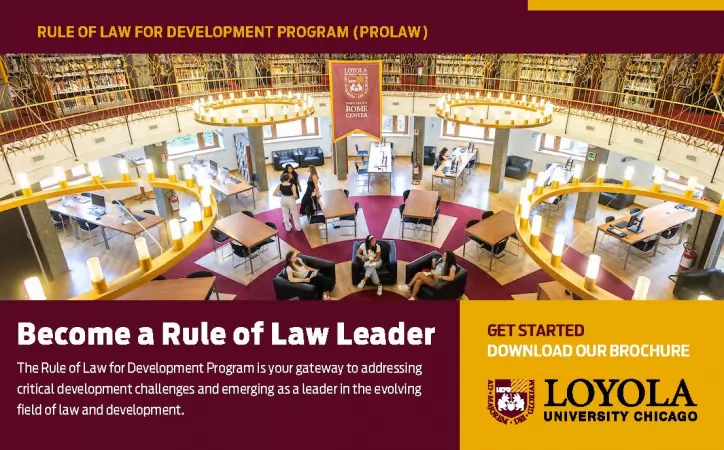Theatre in Tor Bella Monaca
In the south-east suburbs of Rome, past Anagnina, lies the eighth municipality of Roma delle Torri, or Rome of the towers so called because of the mediaeval towers which once characterised the landscape. Now what you see when you arrive in the area on the number 20 express bus from Anagnina metro stop are clusters of rather imposing 12-storey residential blocks the new towers of the area. The first buildings went up here in the 1920s and 1930s, clustered around Via Casilina. Construction continued in the 1960s, much of it illegally. With 203,262 inhabitants, Roma delle Torri is now the most populated municipality in the city.
In the midst of the area stands a new theatre, owned and run by the city and inaugurated in December last year. Tucked behind the municipalitys offices, Teatro Tor Bella Monaca is seemingly out of place in an estate with a reputation for crime and social unrest. Multi-coloured banners hang from the faade with what has now become the theatres motto: Temoziona; Tappartiene; Tappassiona; Tscuola (It moves you; it belongs to you; it impassions you; it schools you). The theatre is part of a programme, partly funded by the European Union, to rejuvenate neglected suburban areas in Rome and help improve social integration.
The theatre was opened on a new street Via Bruno Cirino, named after the Neapolitan film director (1936-1981) by a host of stars from the stage and screen, including artistic director Michele Placido. It has two stages, a rehearsal room and an arena for open-air events as well as an exhibition area in the foyer. This currently hosts an exhibition on Pier Paolo Pasolini, which has come direct from the Museo di Roma in Trastevere. According to Giuseppe Celli, president of the eighth municipality, one of the ideas behind the project is to bring the historic centres cultural offerings to the outskirts of Rome and not vice versa.
There was a theatre here in the 1990s, explained Angela Marconi from Teatro Tor Bella Monacas promotions department. It was the first attempt to rejuvenate the area through culture but, though it was greeted with open arms, it wasnt a success.
The new theatre is on the same spot as its predecessor, which was given a major revamp and jazzed up. The new incarnation has received a warm reception. Its great publicity for the area, which is generally associated with crime and degradation, Marconi added. There was nothing recreational here apart from a centro commericale. There were no communal spaces, not even a cinema. So you can see the importance of the theatre. The idea is that it can act as a type of piazza and hang-out area for the residents, she continued.
The message of accessibility to all is certainly present, with a strong emphasis on attracting young people. There are 186 schools in this district and at least half have already visited the theatre on a school trip, said Marconi. Moreover, for those in the 18 and over age group there are various drama courses.
In keeping with this ethos of encouraging audiences of all ages, for the first month all the performances were free. Now a seat costs only 5 cheaper than going to the cinema. Sure, we have definitely kept costs low and varied the programme to encourage people from the area to attend, confirmed Marconi. From Shakespeares Hamlet to displays of hip hop dance, no production has been performed for more than two nights. We are in an experimental stage, testing out what audiences respond to. Well take it from there.
And how has the theatre been received in the first four months? We are finding it difficult to satisfy demand, said Marconi. In fact, according to a survey carried out by the press office Zetem, 65 per cent of audiences have come from the eighth municipality itself, showing that the local community is responding well.
Just across the busy street from the theatre is the futuristic pyramid-shaped church of S. Maria Madre del Redentore, built by the architect Pierluigi Spadolini in the 1990s. Since December 2004 the church has also hosted a healthcare centre with various specialist treatments under the same roof; from a gynaecologist and infections specialist to a psychologist and social workers. All those without a permesso di soggiorno, or permit to stay, can see a doctor, and around 80 per cent of the people treated are immigrants. The centre has a rotating voluntary staff of 25, all of whom work at the hospital at the University of Tor Vergata nearby.
Other initiatives to change the profile of Roma delle Torri include the project EmanciparTe, which is offering free guided tours of the five contemporary churches and the ruins of the mediaeval towers until 20 May. The area is also part of the initiative Corri per le periferie, a series of 6km mini marathons through the outskirts of Rome. The Tor Bella Monaca race is on Saturday 29 April.
l Teatro Tor Bella Monaca, Via Bruno Cirino (exit 17 GRA), tel. 062010579,
www.teatrotorbellamonaca.it.
l Servizio di Medicina Solidale e delle Migrazioni, Via Duilio Cambellotti 18,
tel. 0620610141.


















